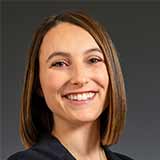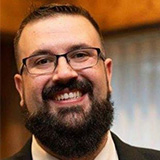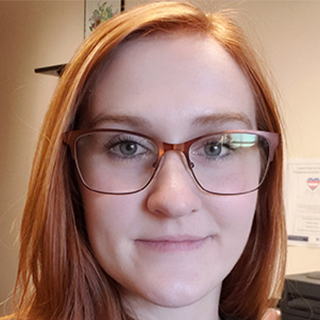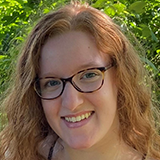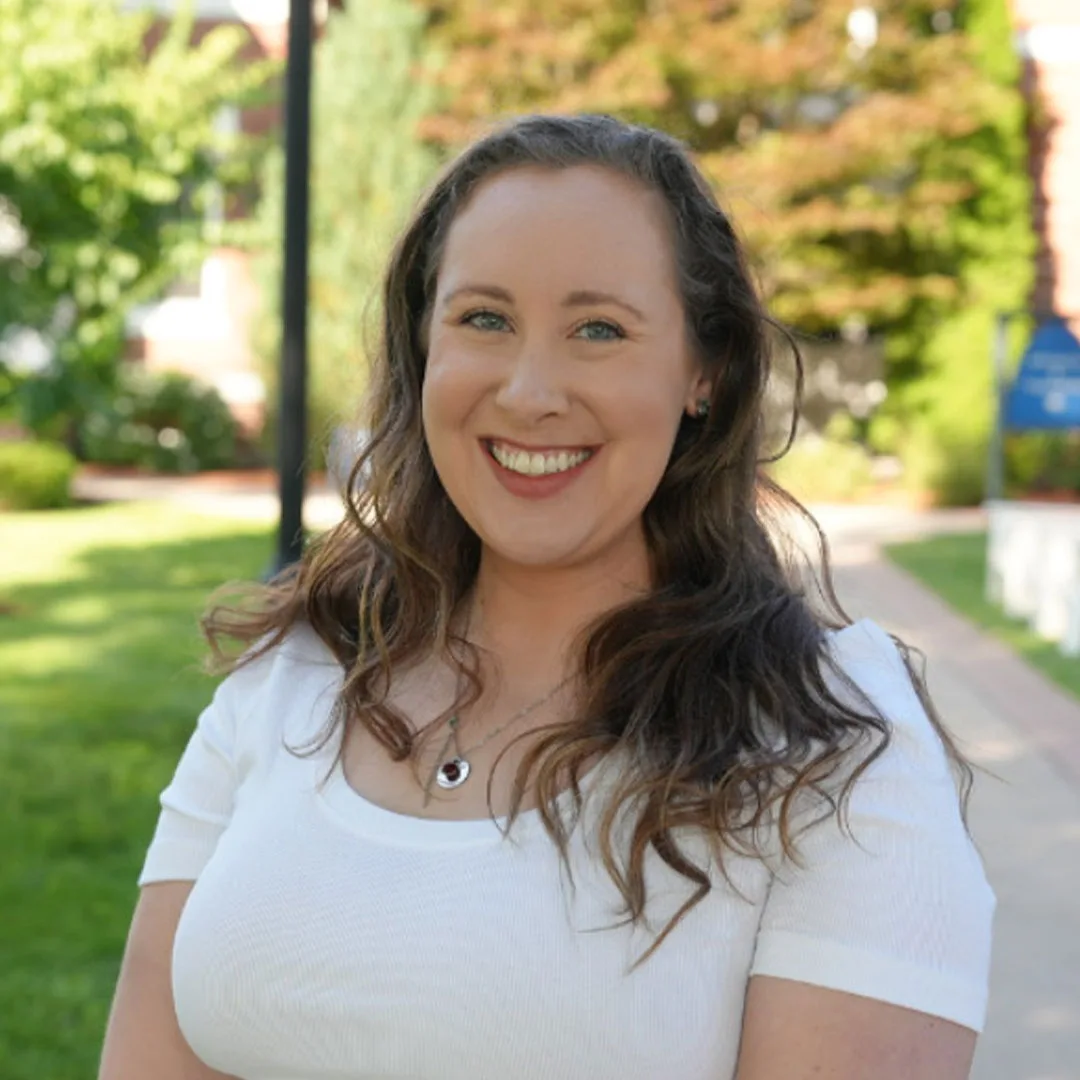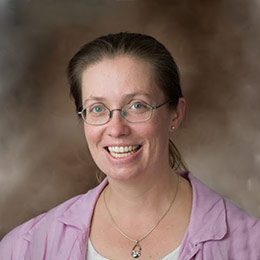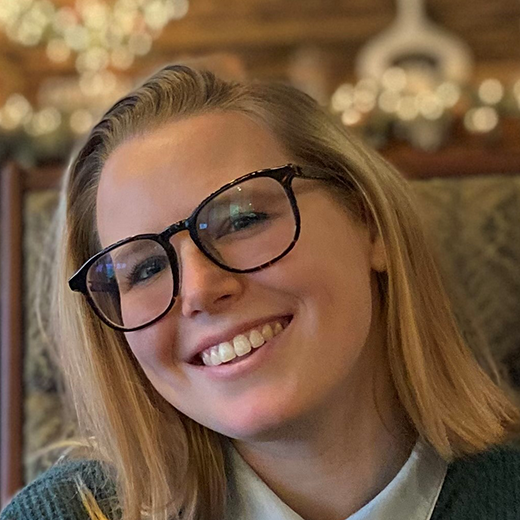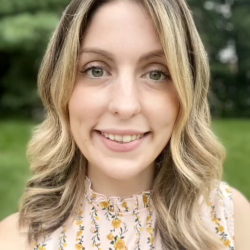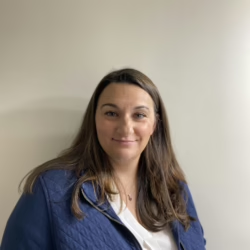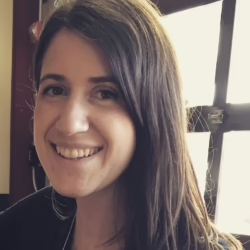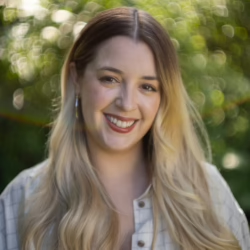Assumption has been providing excellence in licensed mental health counselor education for over 50 years!
By enrolling in the Clinical Counseling Psychology program, you’ll be joining a large group of alumni who have successful and rewarding careers. Our program meets the licensing requirements as a licensed mental health counselor in Massachusetts. Many agencies are eager to hire our graduates. As you explore the information on these webpages, you’ll discover information about the curriculum and our optional concentrations in Cognitive-Behavioral Therapies and Child and Family Interventions. As a student in the program, you will have the opportunity to learn from psychologists, mental health counselors, and social workers who have vast experience with a wide range of clinical populations and community agencies. Our program is a rigorous academic and clinical program, but the faculty and students provide much support and assistance to help you succeed in your preparation for a career as a mental health professional. Faculty have active research programs that engage graduate student fellows. You are welcome to apply for one of the Graduate Fellowships offered each year, which provide the opportunity to work closely with a faculty mentor. The program can be completed in two years by students attending full-time.Learn about our Fellowship Program
Watch a Recorded Program Information Session
Graduate Virtual Information Sessions
Stephanie E. Plotkin Murin, M.Ed.
Regina Kuersten-Hogan, Ph.D
An Ideal Place to Learn
Faculty
Learn from clinical psychologists who are experts in a variety of cognitive behavioral therapies that have been shown to be efficacious by empirical research.
Career Paths
Students and graduates of the Clinical Counseling Psychology program are known for their high-caliber skills and work ethic. Employers seek out our students for both practicum-internship opportunities and full-time employment after graduation.
UmassMemorial Community Healthlink
Spectrum Health Systems
Open Sky Community Services
Family Continuity
North Suffolk Mental Health Association
Arbour Counseling Services
Children’s Friend
Child and Family Services
Graduate Admission Events and Ways to Connect With Us
We invite you to learn more about our graduate programs - either through a visit to campus, attending an information session or by scheduling a phone or virtual conversation with an admissions team member or one of our program directors.
Admissions Requirements
General Graduate Studies Admissions Requirements
- Graduate Application
- Three Letters of Recommendation
- Official Transcript(s)
- Personal Statement
- Current Resume
- TOEFL or IELTS for applicants whose native language is not English
Clinical Counseling Psychology-specific Requirements
Application Requirments:- A baccalaureate degree and at least (6) psychology courses including statistics completed at an undergraduate level. You must complete the required courses before consideration of your application for admission to the graduate program
- 2 courses are required: Introduction to Psychology (General Psychology) and statistics. The admissions committee also wants applicants to have 2 courses that emphasize the research foundations of psychology (courses like developmental psychology, social psychology, psychology of learning, etc.)
- A minimum grade point average of 3.0, both overall and in psychology courses
- Describe the academic preparation and skills that you have that you believe qualify you for the rigorous training involved in our master's program in Clinical Counseling Psychology. Discuss experiential and field-based experiences that you believe prepare you for our counseling program.
- Describe what you hope to accomplish academically during your graduate program and the career goals you have for yourself. Focusing on the actual job you would like to have five years after completing your graduate study will bring specificity to your essay.
- Describe the qualities that you see as essential for an effective counselor and then assess yourself in terms of these characteristics.



